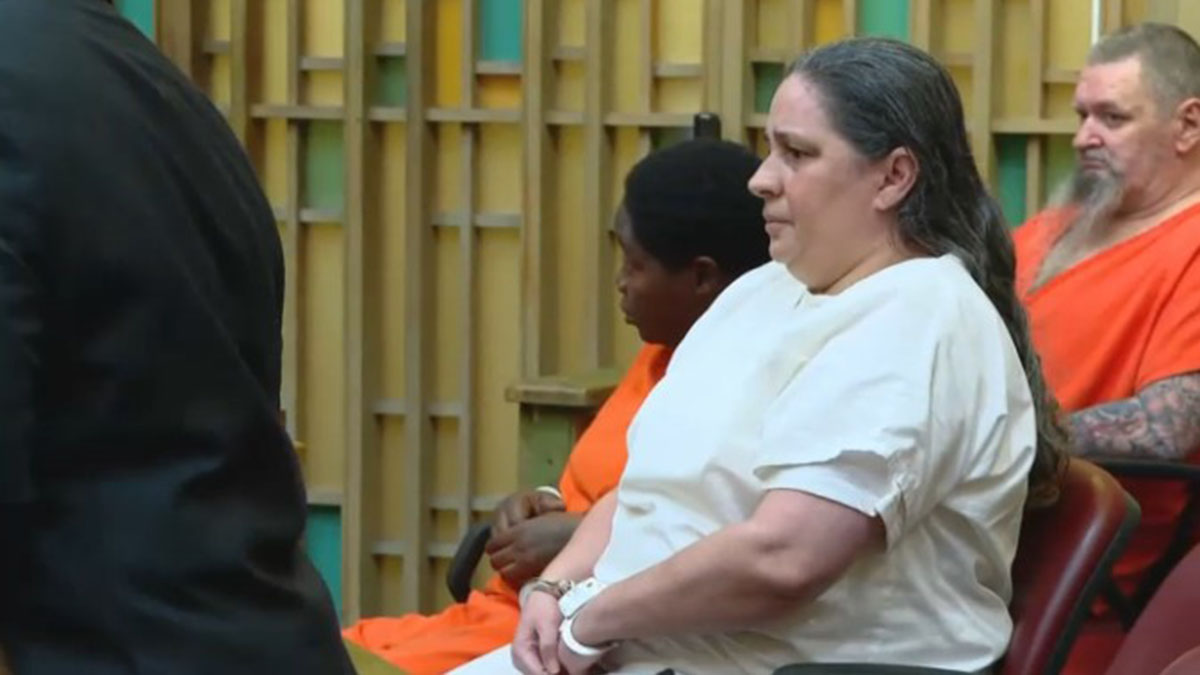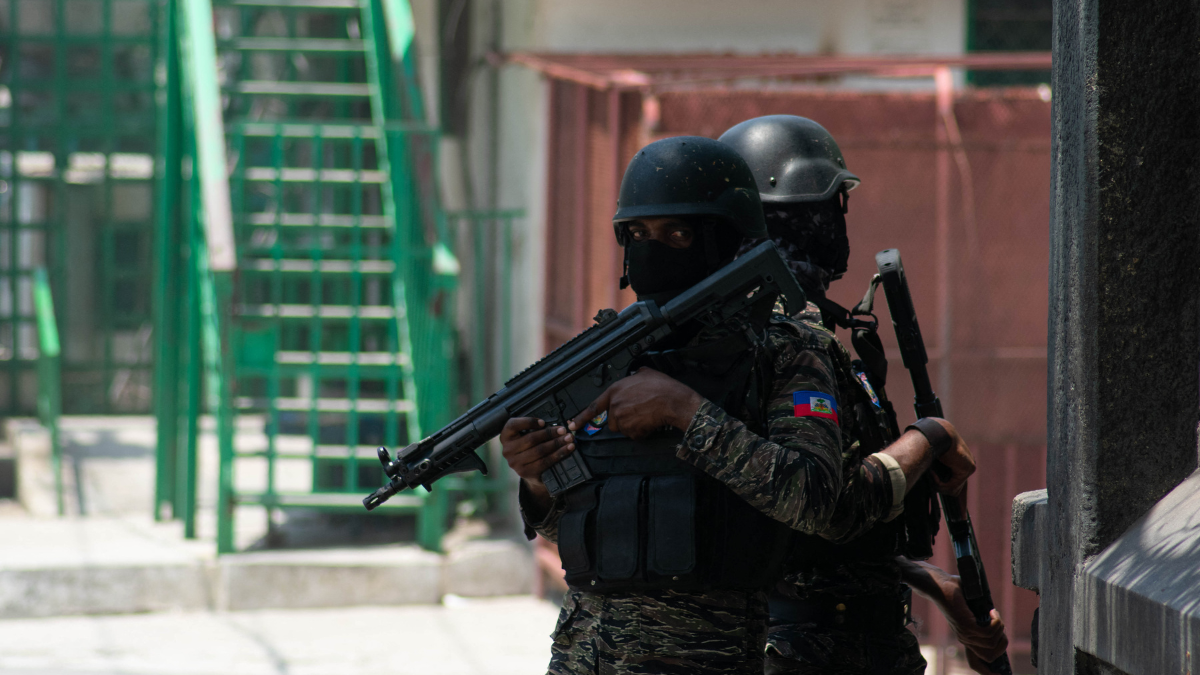The loved ones of children who have fallen victim to gun violence are hoping a new Florida law will help catch the killers.
The “witness protection bill” shields the identities of murder witnesses for two years after the crime. Florida Gov. Rick Scott signed the bill early May and the law goes into effect on July 1st.
Tangela Sears, whose son’s murder remains unsolved, formed the group Parents of Murdered Kids. Their frequent trips to Tallahassee have finally paid off with the passing of the new bill.
Families hope taking the witnesses’ names out of police reports and other court documents will result in more tips.
“I think getting the word out there, educating the community that there is something in place now to protect them. I think this will help solve a lot of these cases,” said Sears.
Those arrested and their attorneys will be able to see the information as part of their due process rights. But, Sears said by that time, state prosecutors should already have a strong case against the suspects.
Local
NBC 6 got a glimpse inside the “no snitch culture” that’s plaguing parts of Miami-Dade County. A man who wants to keep his identity concealed said in an exclusive interview that the “no snitch culture” provides protection for those who commit crimes. Crimes like the ones he says he turned to because he needed money years ago, before changing his life.
“It’s easy for an outsider to say ‘if they tell, it will change.’ But, it’s not. Come live with me, if not for a week then a day,” said the unidentified man. He said snitching has deadly consequences.
The “no snitch culture” affects police investigations and frustrates detectives.
So, how real is the danger? What’s fueling the “no snitch culture?” Is it fear or is it reality? NBC 6 found out the answer is different depending on who you ask.
“I can tell you a lot of the fear isn’t reality…a lot is perception. We don’t have a high level of incidents where people come forward and get harmed,” said Miami-Dade Police Director Juan Perez.
However, the unidentified man who lives in the violence-prone community disagrees.
“It’s fear, but the reality of it is fear for that fear to happen. The reality is, they see the dead body and they don’t want to be the next victim.”
Miami-Dade Police has tips for anyone who witnesses a murder and wants to speak up to put an end to the violence:
1.) Call 911 allows you to remain anonymous
2.) Youth can talk to counselors at school
3.) You can turn to someone you trust instead of calling police yourself
4.) Call or text Crime Stoppers
5.) Send in tips via the Miami-Dade police app
6.) Report suspicious activity online
For more helpful information, go to www.miamidade.gov/police.
Resources for the Community
Gang Alternative
6620 N, Miami Ave., Miami, FL 33150
Phone: 786-391-2375
Overtown Youth Center
450 NW 14th St, Miami, FL 33136
(305) 349-1204
Suggested point person - Lead family support specialist Valerie Lomax
valerie.lomax@overtownyouth.org
Quincy O'Bryan
The M Network
quincy.obryan@themnetwork.com
o. 305-571-1455 ext. 114
c. 954-937-7445
Concerned African Women, Inc.
1505 NW 167th St, Miami, FL 33169
305-621-3700
Miami-Dade School District Programs and Initiatives
• G.R.E.A.T. program - an evidence-based and effective gang and violence prevention program offers kids guidelines and tips on how to deals with specific instances.
• See Something, Say Something – report suspicious activity to 855-FLA-SAFE.
• TRUST Counselor – program to support students and families which need additional help because of at risk behavior offers students avenues to seek assistance whenever they need it.
• Youth Crime Watch – to help students in our schools play an integral role in preventing school violence incidents as they learn how to report suspicious activity and how to act in certain situations.
• Kindergarten Cop – to teach younger kids about correct behaviors if they encounter a situation where they might be at risk.
• School Counselors - support students in an array of challenges including tough classes, peer pressure, friendship problems, depression but they also are available to offer services for any type of incidents.
• Anonymous Reporting – all schools have an area where anyone an report unusual activity without fear of repercussion.



